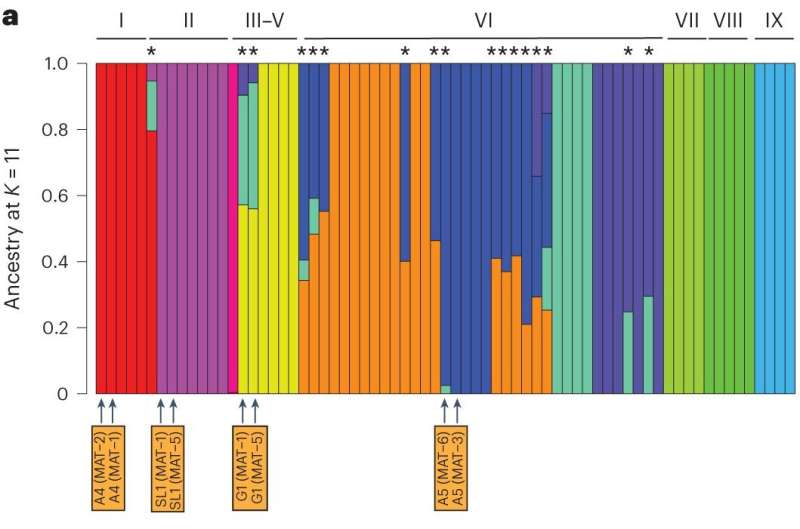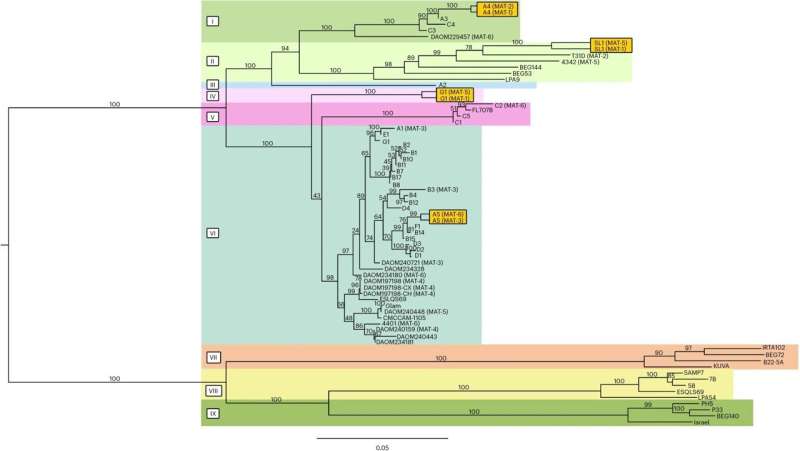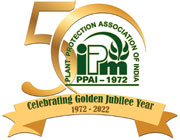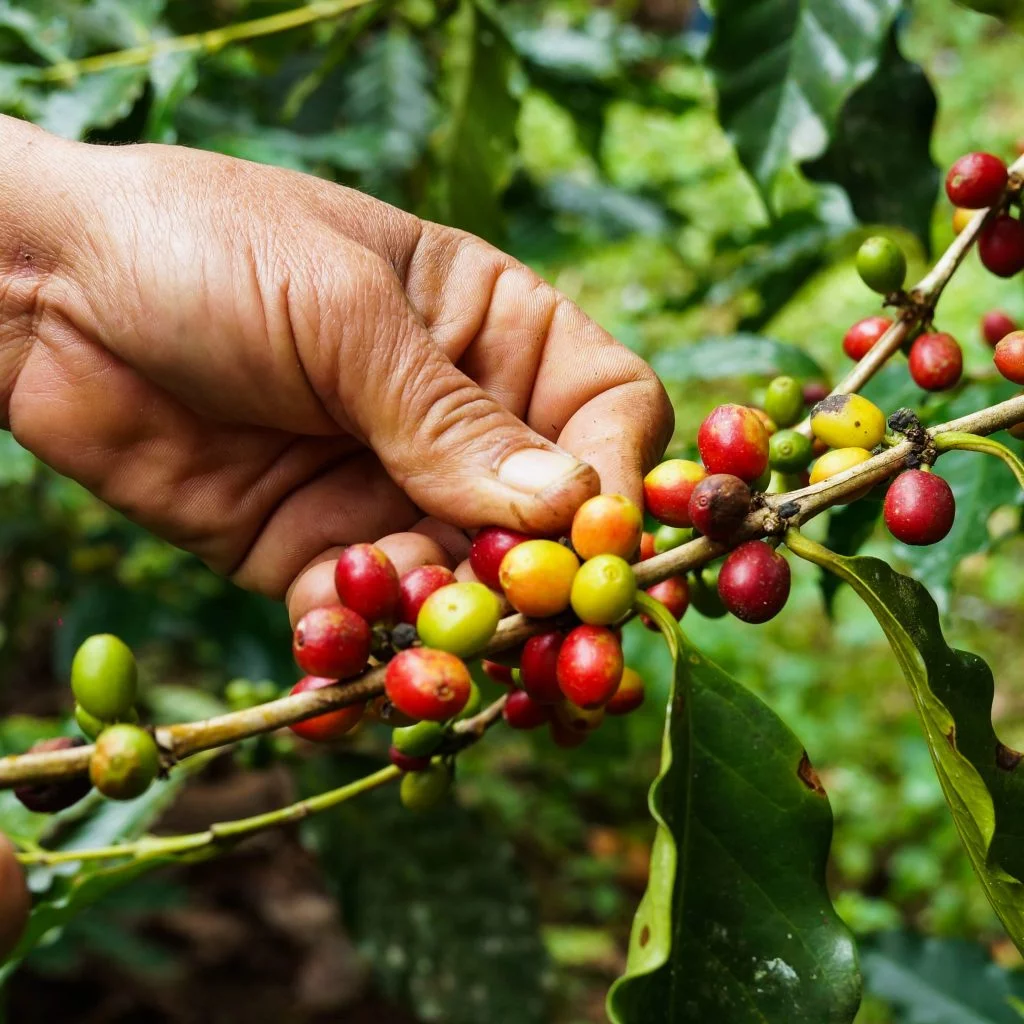Exploring the genetic composition of fungi and its role in plant health

The complex and very diverse world of fungi is often referred to as the fifth kingdom of organisms. It includes various yeasts, molds, and mushrooms. A team of scientists from the University of Ottawa (uOttawa) has uncovered the genetic secrets of a mysterious fungus, revealing the presence of two distinct nuclear populations within them, each playing distinct roles in how they interact with plants.
Arbuscular mycorrhizal fungi (AMF) are tiny fungi that live in harmony with plants, sharing their genetic diversity and creating a vibrant atmosphere in plant roots and with below-ground microbes. Scientists have been studying AMF for years but are still puzzled by it. Its bodies are like bags packed with thousands of nuclei cells, and how these fungi cooperate with plants has long been unclear.
“There were numerous unresolved questions regarding AMF, mainly because these fungi are always multinucleated and do not exhibit observable sexual characteristics,” says Professor Nicolas Corradi, who holds the Chair in Microbial Genomics at the Department of Biology, University of Ottawa. “It has been proposed that AMF possess unique genetics and have undergone an unconventional evolution.”
Professor Corradi and colleagues investigated the asexual reproduction of AMF, specifically Rhizophagus irregularis. In 2016, they discovered strains that showed signs of sexual reproduction, with two populations of nuclei co-existing in large cells. “We found that strains having two populations (AMF heterokaryons) are more resilient and could access plant roots more easily, an indication they could be better bio-stimulants.”
However, without their complete genome, the researchers could not know why these strains are more successful plant symbionts.

To address this, Professor Corradi and his team employed advanced sequencing techniques, including RNA sequencing and third-generation DNA sequencing, to analyze differences in structure, content, and expression between the co-existing genomes.
“AMF heterokaryons have two haplotypes that physically separate among a large number, possibly millions, of co-existing nuclei. This phenomenon is unprecedented in any other organism,” explains Professor Corradi.
Their analyses also demonstrated that the two populations act very differently depending on their surrounding environment and their plant host. “Not only did we find that the two populations differ dramatically in the genes they harbor, but also that these are differently expressed and change in abundance depending on which plant they interact with,” adds Professor Corradi.
The symbiotic interactions between AMF and host plants are crucial for nutrient exchange, pathogen protection, and ecosystem sustainability. Studying these interactions will help improve agricultural practices by producing tailored biostimulants, enhancing plant growth, and promoting ecosystem health.
The study, titled “Arbuscular mycorrhizal fungi heterokaryons have two nuclear populations with distinct roles in host–plant interactions,” was published in Nature Microbiology.
More information: Jana Sperschneider et al, Arbuscular mycorrhizal fungi heterokaryons have two nuclear populations with distinct roles in host–plant interactions, Nature Microbiology (2023). DOI: 10.1038/s41564-023-01495-8
Journal information: Nature Microbiology
Provided by University of Ottawa
Explore further


























